Game Design Inspirations: No Man’s Sky’s Yūgen (幽玄)
Other epic space games will have you find enjoyment in creating your armadas and dominating economies.
The delights in No Man’s Sky are instead found in its slow and desolate moments.

Hello and welcome to Game Design Inspirations! GDI is a weekly bite-sized nugget of brilliant game design, taken from the games that I play “for research purposes”.
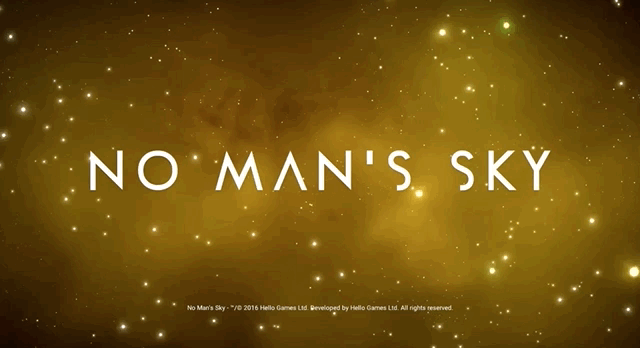
To say that No Man’s Sky is a controversial game is an understatement. The victim of its own hype, the game disappointed a lot of players on its initial launch; triggering rampant game refunds and a false advertisement lawsuit.
Hello Games has soldiered on though, quietly and thanklessly updating their game. Now, a year later, the latest update called Atlas Rises has quickly propelled No Man’s Sky Steam review scores from ‘Overwhelmingly Negative’ to �‘Mostly Positive’.

One problem that led users to feel that they were sold the wrong product is that No Man’s Sky’s, in its core, isn’t a traditional AAA sci-fi space game.
Players were expecting grandiose space battles, deep trading economies, infinite customization. The game didn’t deliver these things particularly well — there are numerous other games we can point out that presented these mechanics better.
What No Man’s Sky excels at, and not something we really see in today’s high-octane sci-fi operas, is its understanding of Yūgen (幽玄).
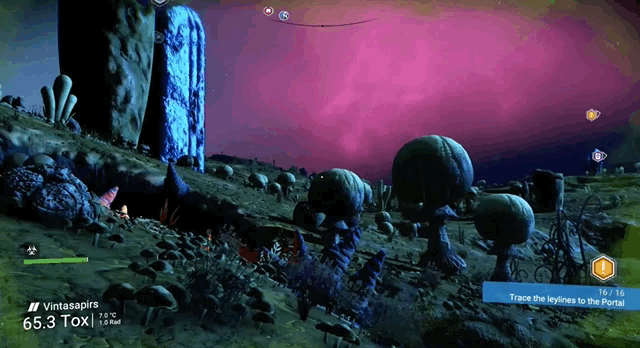
An important concept in Japanese Aesthetics, Yūgen can be defined as
“a profound, mysterious sense of the beauty of the universe … and the sad beauty of human suffering”.
Other epic space games will have you find enjoyment in creating your armadas and dominating economies.
The delights in No Man’s Sky are instead found in its slow and desolate moments.
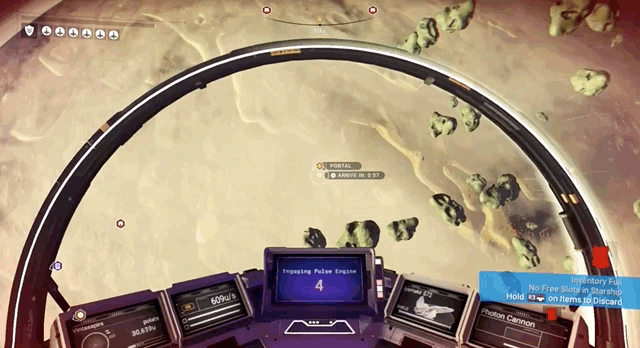
It’s in the seconds it takes us to warp to a planet, seeing asteroids and light streaks pass you by. It’s when we feel the heat and impact of atmospheric reentry, with the rumble pulsing through our controllers.
 It’s in hearing haunting alien howls as we walk across a vast alien landscape.
It’s in hearing haunting alien howls as we walk across a vast alien landscape.
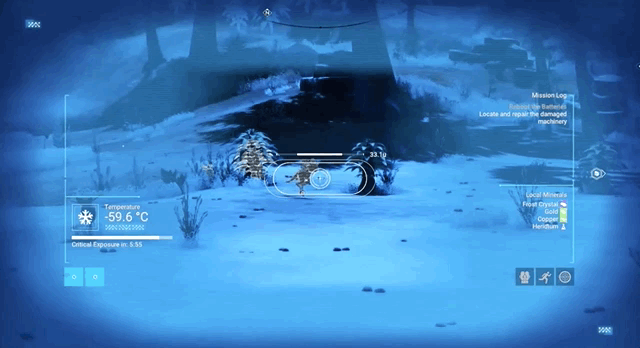 And it’s in the quiet moments of discovery as we strive to know more about an undiscovered planet.
And it’s in the quiet moments of discovery as we strive to know more about an undiscovered planet.
More often that not we play games to win, and not to experience.
Appointment timers and video ads have monetized our attention. PVP arenas and leaderboards have made virtual rewards and recognition our main purpose for playing games.
Music is the silence in between the tones.
Today’s moment of Zen:
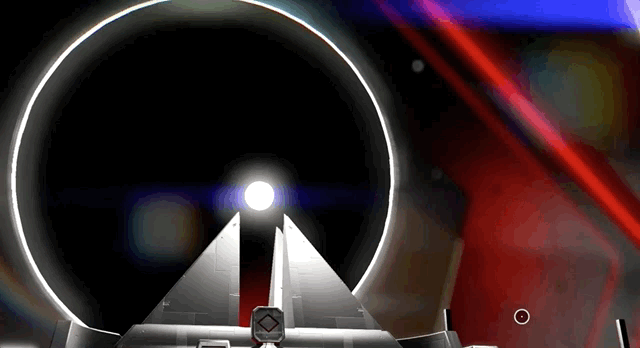
Thank you for reading! Follow Game Design Inspirations on Medium for weekly and past GDIs.
Read more about:
BlogsAbout the Author(s)
You May Also Like







.jpeg?width=700&auto=webp&quality=80&disable=upscale)








